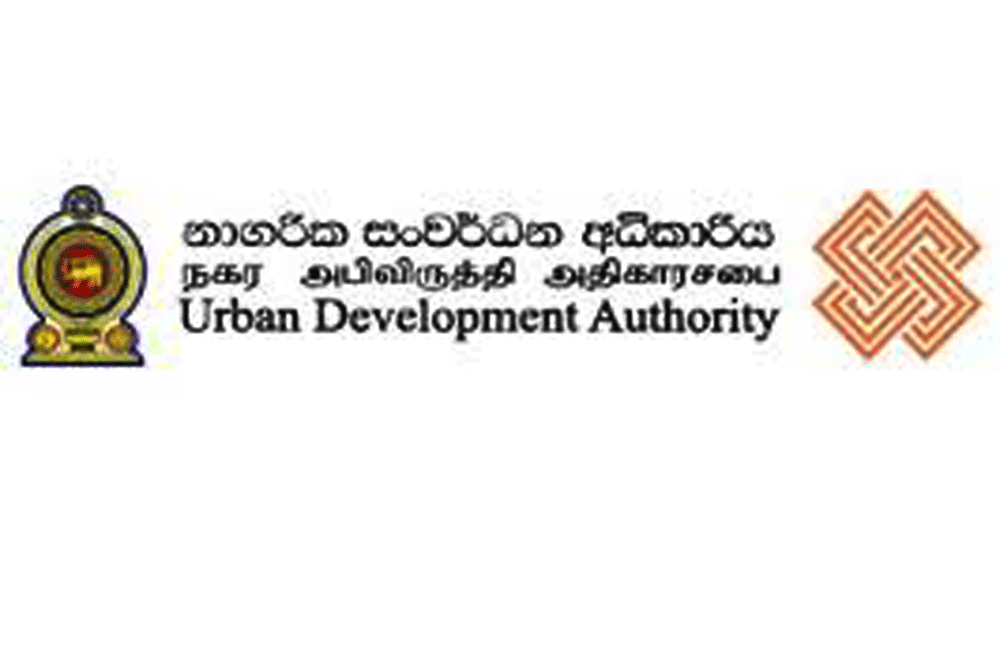The Urban Development Authority (UDA) is seen as grabbing land and planning to take laws into their own hands via the introduction of new regulations, drawing concern from professionals and public interest activists.
The Sri Lanka Engineers Institution (SLEI) strongly objected last week to the attempts made by the UDA to gazette these regulations without entertaining representations from the engineering fraternity. The Institution of Engineers also raised objections.
The new regulations regarding land and building construction coming under the control of the UDA are confusing, a leading public interest activist in this field lamented.
He noted that those UDA regulations with regard to land division plans are impracticable and there was a hidden agenda of such plans.
It is almost the same set of regulations which was rejected by the professionals in 2019 under the previous government and it has been brought again, he alleged.
This was an attempt to divide government and private owned barren lands into blocks of lands countrywide for real estate development and construction of high-rise and other buildings, he disclosed.
He has explained these irregularities in a lengthy letter addressed to the UDA Chairman, Harshan De Silva and copied to Dr. P B Jayasundara, Secretary to the President, Gamini Senarath, Secretary to the Prime Minister and Nimal Perera, Secretary to the Ministry of Urban Development and Housing,
In this letter, the public interest activist, who requested anonymity, stated that there are regulative provisions to execute agreements by the UDA and the National Physical Planning Department (NPPD).
These regulative provisions are applicable countrywide, he pointed out.
The UDA has made an attempt to become the one and only regulator while ignoring the available legal enactments institutions by introducing new regulations which will be gazetted soon, he warned.
The regulative clauses have been drafted without any prerequisites, standards and checks and balances, he said, adding that those are nothing but clear maximization of “corruption” along with the “legalisation” of unofficial corrupt practices. The question of credibility of the new regulations is more serious as the procedure itself is geared to bring back the previous government agendas and thereby fulfill the needs of the vested parties and to result in serious losses to the country, he emphasised

Leave your comments
Login to post a comment
Post comment as a guest